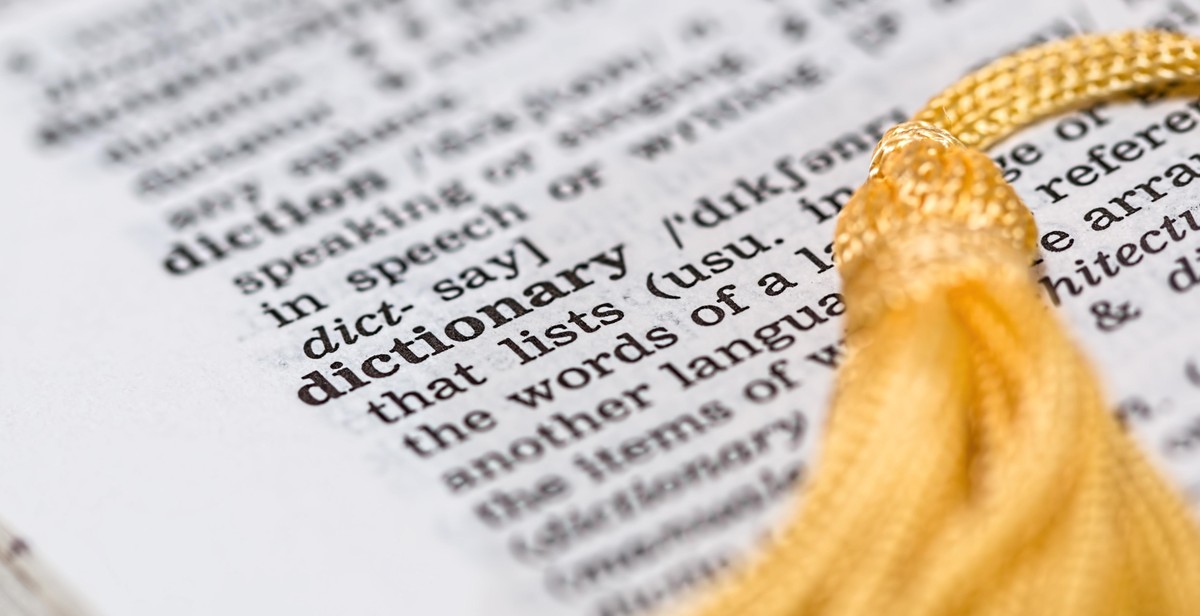How to Improve Pronunciation in a Foreign Language: Tips and Exercises
Learning a foreign language can be a challenging task, especially when it comes to pronunciation. However, improving your pronunciation skills is essential if you want to communicate effectively with native speakers and sound more fluent. In this article, we will provide you with some practical tips and exercises that can help you improve your pronunciation in a foreign language.
1. Listen carefully and imitate
One of the best ways to improve your pronunciation is to listen carefully to native speakers and imitate their pronunciation. You can do this by watching movies, TV shows, or listening to podcasts in the language you are learning. Pay attention to the way native speakers pronounce words and try to imitate them as closely as possible.
2. Practice regularly
Practice makes perfect, and this applies to improving your pronunciation as well. Make sure to practice regularly, even if it’s just a few minutes a day. You can practice by reading out loud, recording yourself, and listening to the recordings to identify areas that need improvement.
3. Focus on individual sounds
Each language has its own set of sounds, and some of these sounds may not exist in your native language. Therefore, it’s important to focus on individual sounds and practice them until you can pronounce them correctly. You can find resources online that provide exercises for specific sounds in different languages.
4. Use tongue twisters
Tongue twisters are a fun and effective way to improve your pronunciation. They can help you practice difficult sounds and improve your overall diction. You can find tongue twisters in the language you are learning online or create your own.
5. Get feedback
Finally, it’s important to get feedback from a native speaker or a language teacher. They can help you identify areas that need improvement and provide you with guidance on how to improve your pronunciation. You can also join language exchange groups or find a language partner to practice speaking with.

Why is Pronunciation Important?
Pronunciation is crucial when it comes to learning a foreign language. It is the ability to produce sounds that convey meaning and communicate effectively with native speakers. Good pronunciation helps you to understand native speakers better, communicate effectively, and build your confidence when speaking a foreign language.
Understanding Native Speakers
One of the primary reasons why pronunciation is essential is that it helps you to understand native speakers better. Native speakers often speak at a natural pace, and if you have poor pronunciation, you may not be able to understand what they are saying. Pronouncing words correctly will enable you to comprehend what is being said and respond accordingly.
Effective Communication
Pronunciation is vital for effective communication. When you have good pronunciation, you can convey your intended message clearly and accurately. On the other hand, if you have poor pronunciation, it can lead to confusion and misunderstandings. Pronouncing words correctly will help you to communicate effectively with native speakers and avoid any miscommunications.
Confidence Building
Pronunciation plays a significant role in building your confidence when speaking a foreign language. When you can pronounce words correctly, you will feel more confident and comfortable when speaking in front of others. Good pronunciation will help you to express yourself more clearly and accurately, which will boost your confidence and make you more comfortable when speaking a foreign language.
Overall, pronunciation is a crucial aspect of learning a foreign language. It helps you to understand native speakers better, communicate effectively, and build your confidence when speaking a foreign language. Therefore, it is essential to focus on improving your pronunciation when learning a foreign language.

Tips for Improving Pronunciation
1. Listen to Native Speakers
One of the best ways to improve your pronunciation in a foreign language is to listen to native speakers. This will help you to get a feel for the rhythm and intonation of the language. You can listen to native speakers in a variety of ways, including:
- Watching movies or TV shows in the target language
- Listening to podcasts or radio shows
- Attending language exchange events where you can practice speaking with native speakers
2. Practice with Audio Recordings
Another effective way to improve your pronunciation is to practice with audio recordings. This will help you to hear the correct pronunciation of words and phrases and to practice speaking them yourself. You can use a variety of audio resources, including:
- Language learning apps like Duolingo or Babbel
- Online language courses that include audio components
- Audio books or podcasts in the target language
3. Use a Pronunciation Guide
Using a pronunciation guide can also be helpful for improving your pronunciation. This can be a book, app, or website that provides detailed information on the pronunciation of words and sounds in the target language. Some popular pronunciation guides include:
- Forvo: a website with audio recordings of native speakers pronouncing words in various languages
- Pronunciation Workshop: an online course that teaches pronunciation skills for English speakers
- The Sounds of Speech: a website that provides detailed information on the sounds of American English
4. Record and Analyze Yourself
Recording yourself speaking in the target language can be a valuable tool for improving your pronunciation. This will allow you to hear yourself speaking and to analyze your own pronunciation. You can use a voice recorder app on your phone or computer to record yourself speaking and then listen back to the recording to identify areas for improvement.
5. Get Feedback from a Tutor or Native Speaker
Finally, getting feedback from a tutor or native speaker can be extremely helpful for improving your pronunciation. This will allow you to get personalized feedback on your pronunciation and to ask questions about specific sounds or words that you are struggling with. You can find tutors or language exchange partners online through websites like italki or Verbling.

Exercises for Improving Pronunciation
Improving pronunciation is an essential aspect of learning a foreign language. Here are some exercises that can help you improve your pronunciation:
Tongue Twisters
Tongue twisters are phrases that are difficult to say, especially when said quickly and repeatedly. They can help you improve your pronunciation and enunciation by forcing you to articulate words and sounds more precisely. Here are a few examples:
- She sells seashells by the seashore.
- Red lorry, yellow lorry.
- Unique New York.
Minimal Pairs
Minimal pairs are pairs of words that differ by only one sound. Practicing minimal pairs can help you differentiate between similar sounds and improve your overall pronunciation. Here are some examples:
| Word 1 | Word 2 |
|---|---|
| Ship | Sheep |
| Bit | Beat |
| Pat | Pot |
Phonetic Drills
Phonetic drills involve practicing specific sounds or sound combinations in isolation. This can help you master difficult sounds and improve your overall pronunciation. Here are a few examples:
- Practice saying the “th” sound in words like “think” and “thought”.
- Practice saying the “r” sound in words like “red” and “rain”.
- Practice saying the “ng” sound in words like “sing” and “long”.
Mimicking Native Speakers
One of the best ways to improve your pronunciation is to listen to and mimic native speakers. Pay attention to their intonation, rhythm, and stress patterns, and try to imitate them as closely as possible. This can help you sound more natural and fluent in the language.
Singing Along to Songs
Singing along to songs in your target language can be a fun and effective way to improve your pronunciation. Focus on enunciating each word clearly and matching the rhythm and melody of the song. This can also help you learn new vocabulary and phrases in context.

Conclusion
Improving pronunciation in a foreign language can be a challenging task, but with the right tips and exercises, it is possible to achieve fluency. The key is to practice consistently and focus on the specific sounds and intonation patterns of the language you are learning.
Tips for improving pronunciation
- Listen to native speakers and imitate their pronunciation
- Focus on the specific sounds and intonation patterns of the language
- Record yourself speaking and listen for areas that need improvement
- Practice speaking regularly with native speakers or language partners
- Use technology such as pronunciation apps or online resources to improve your pronunciation
Exercises for improving pronunciation
- Practice tongue twisters and other exercises that focus on specific sounds
- Read aloud from a book or article in the language you are learning
- Watch videos or listen to podcasts in the language and repeat phrases and sentences
- Record yourself speaking and compare your pronunciation to that of a native speaker
Remember, improving pronunciation takes time and effort, but the results are worth it. With consistent practice and the right techniques, you can achieve fluency and confidently communicate in a foreign language.
| Author: | John Smith |
| Date: | August 28, 2021 |
| Category: | Language Learning |
